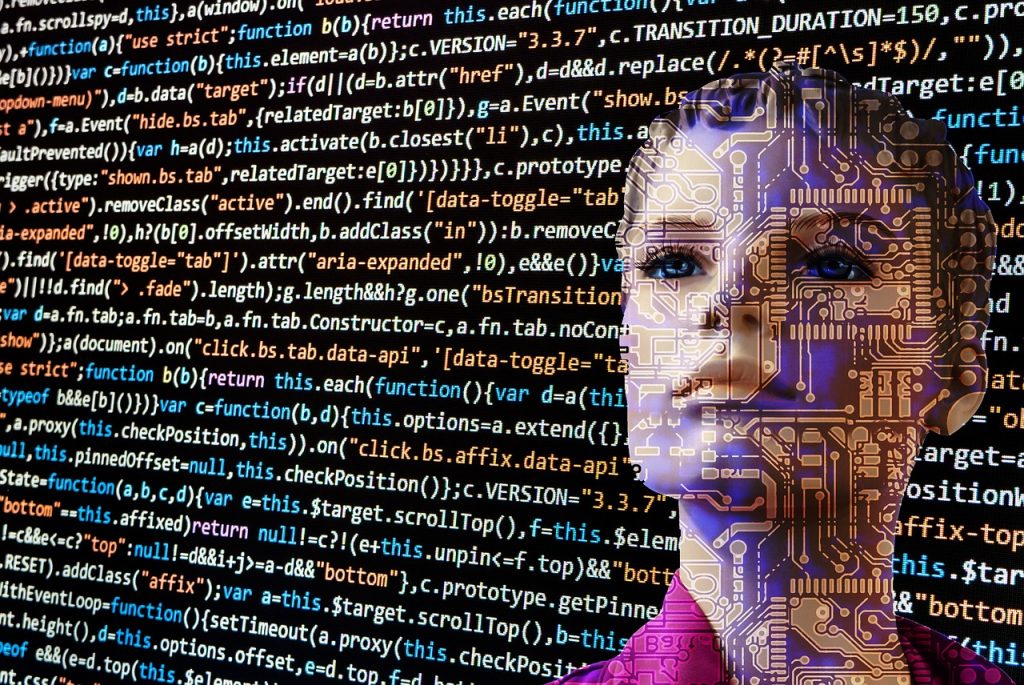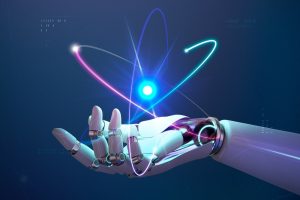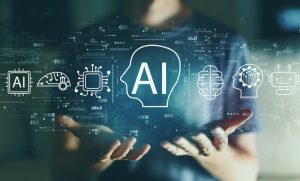Why Should Gender Points Of View Be Examined In This Research On Artificial Intelligence?

Artificial intelligence (AI) is now playing a pivotal role in the digitization and modernization strategies of governments and businesses across Europe, the United States, and China. The improvements and efficiency gains that now the integration of AI can provide considerable market in various countries make it essential in a fresh age of technological transition. And, although no one wants to be left alone, the key players inside this digital age had also contacted these innovations in vastly different ways from the start.
Whereas China And the United States already have decided to embrace artificial intelligence (AI) as an element of their global political techniques, the European Union is strategizing itself with a world leader in its appropriate checks and balances.
Preconceptions and behavioral patterns ingrained during the design stage
Provided that new tech is a social and cultural concept, any prejudices, behavioral patterns, and concepts that are not frequently and robustly analyzed make their way into the layout and the use of emerging innovations. AI is everywhere: if not contacted from a gender lens able to take such situation into account, analyzing the different aspects implicated, and trying to correct them as required, all bias, partiality, and marginalization current in our culture are probable to be replicated, if not amplified.
Gender inequalities have did exist in AI ever since its inception. This is due, in part, to the reality that this has been nearly entirely this same domain of men for decades.
At the very same time, both these qualities traditionally associated with women, such as emotions and care, have indeed been exempted from the ground. Even so, whereas AI was only able to replicate the skills associated with men’s thoughts, this was sufficient to receive the tag ‘intelligent.’ Which is not to say that women are incapable of displaying this degree of intellect; nor will it ever be. The tip here would be to highlight how some characteristics historically associated with men are instantly likened with widespread intelligence – even without considering if a machine competent of only computer processing data can genuinely be considered smart.




